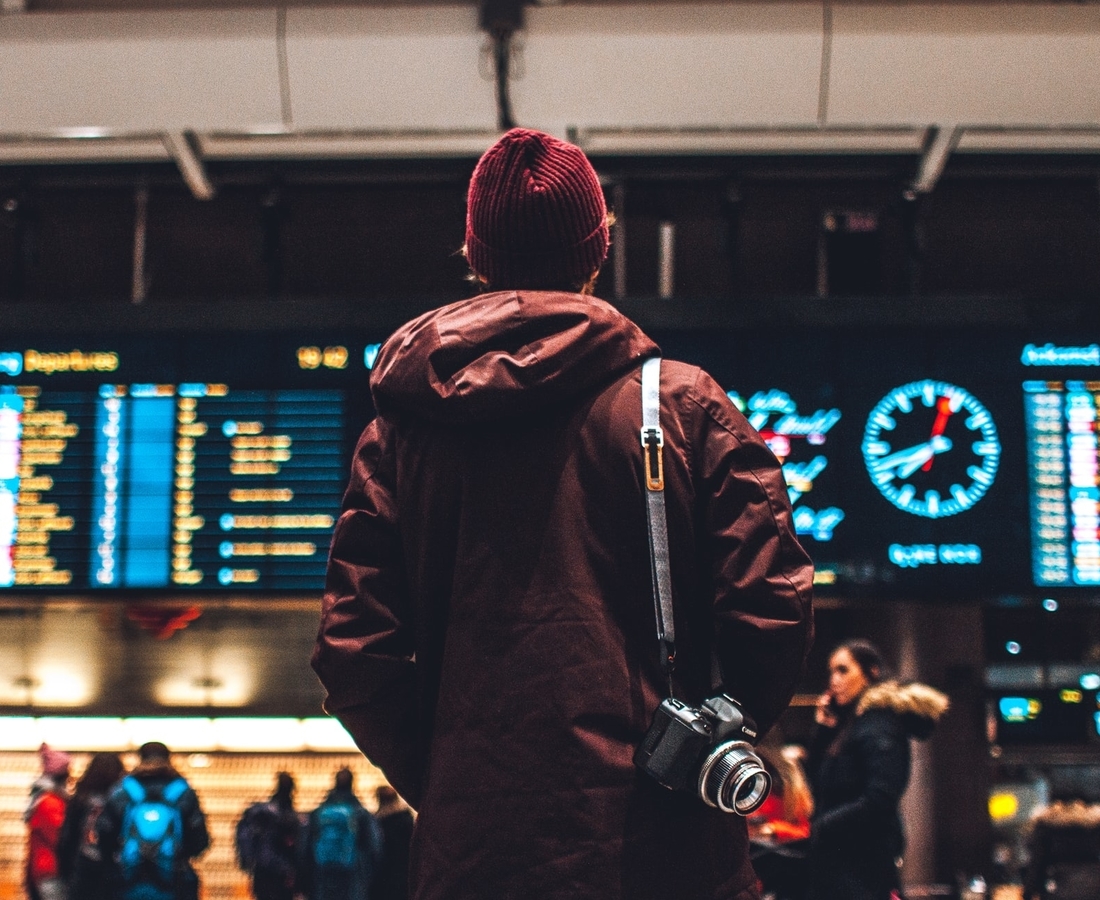Revenge travel and psychedelic retreats: The travel trends taking flight in 2022


Thanks to Covid-19, this year’s travel landscape has been rocked with more ups and downs than a rollercoaster ride. But with travel finally taking off again (fingers crossed!), it’s time we looked ahead to a brand new year.
With so much lost time to make up for, the travel scene looks set to soar in interesting ways – from alternative wellness retreats to revenge travel to nomadic work arrangements . Here’s our peek into what lies ahead for travel trends in 2022.

You’ve heard of ‘revenge procrastination’ and ‘revenge spending’ – now get ready for revenge travel. The pandemic has taken its toll in years of zero vacation time and countless missed celebrations – anniversaries, birthdays, honeymoons – and now it’s payback time.
Experts are predicting travellers’ urge to splurge post-pandemic, whether it’s plumping for room upgrades, luxe packages, or dining experiences. Expedia has dubbed this the ‘Greatest of All Trips’ (aka GOAT) mindset, with their Travel Trends 2022 survey reporting that nearly three-quarters of Singaporeans planned to splash out big on their next trip.

Forget mini getaways close to home – the future belongs to long-haul, extended trips. What with all the fuss of PCR testing and form-filling, weekend jaunts will become more of a hassle than a relaxing escape. Many workers are also facing a backlog of leave to clear, and taking a long holiday is just the ticket.
After staying grounded for so long, there’s no denying the thrill of jet setting to a far-flung destination – Tripadvisor’s Seasonal Travel Index for end-2021 reveals that London, Paris, and Munich top the wishlist for Singapore travellers.

Wellness getaways have become pretty much synonymous with yoga and spa pampering, but for folks seeking spiritual healing, alternative trends are on the rise. We’re talking ayahuasca and magic mushroom retreats – retreats that center around journeys of self-discovery and therapy through plant-based psychedelics . Post-pandemic stress, a dose of spiritual wellness is likely to become more sought after than ever.
With mainstream views on psychedelics shifting to understand their therapeutic potential, demand for such retreats has mushroomed in recent years. Sometimes dubbed ‘the shroom boom’, the trend looks set only to grow – according to Data Bridge Market Research, the psychedelic market is projected to soar from USD2 billion (S$2.7 billion) in 2019 to USD6.9 billion by 2027.
Hotspots for psychedelic retreats include Costa Rica, the Netherlands, and Peru, where participants can typically take part in meditation, yoga, and other programs amidst lush nature.
ALSO READ: Post-pandemic travel: What will travel look like in 2022?

Working from a beach might once have been only thinkable for freelancers, but the pandemic has fast-tracked the rise of the digital nomad.
Months of lockdowns and work-from-home arrangements have shown us that many types of work don’t really need an office or facetime to get the job done – and we’d all be better off for it. For both employees and bosses, a mindset shift is happening – the idea of roaming the world while working remotely is now within our reach.
Businesses haven’t been slow to jump on the trend either. Blueground, a startup that rents out fully furnished apartments in 15 cities across the world, recently launched the Blueground Pass.
This pass gives digital nomads the freedom to hop between their 4,000-strong collection of apartments, all under only one master lease. Meanwhile, Hilton is capitalizing on the workcation trend by rolling out work-from-hotel packages, tailored toward those mixing business and pleasure.

Eco-awareness has sprouted up over the last decade, and green travel is set to remain strong in post-pandemic times. One encouraging sign of this is a recent survey by travel technology giant Amadeus, which found that a whopping two-thirds of travellers across the globe view sustainable travel as a priority.
This plays out in a penchant for venturing off the beaten track. Travellers are eschewing big cities for wilderness destinations and rural villages, exploring safaris and nature resorts, and seeking out farm-to-table dining experiences.
The pristine Galápagos Islands, for one, has seen an exponential rise in backpackers for its rich wildlife – snorkeling with sea lions, anyone? Meanwhile, hotels and resorts are taking the lead in cutting down on single-use plastics, turning to organic toiletries and bedding, and investing in composting systems.

Once upon a time, the worst mishap we had to worry about was lost luggage or plane delays. These days, pandemic-shaped worries lurk round every corner: medical costs, quarantine woes, and trip cancellations, all of which can rack up hefty bills when they strike.
With new strains of Covid-19 on the rise, let’s just say our travel anxiety isn’t going away anytime soon. That means travel insurance with Covid-19 coverage is no longer an extra frill – it’s set to become an essential safety net.
This article was first published in City Nomads.